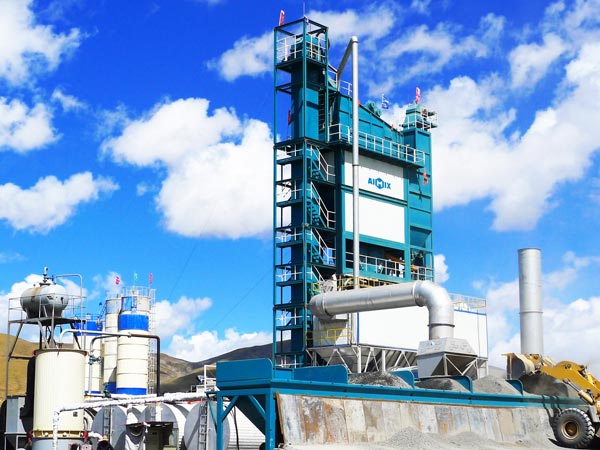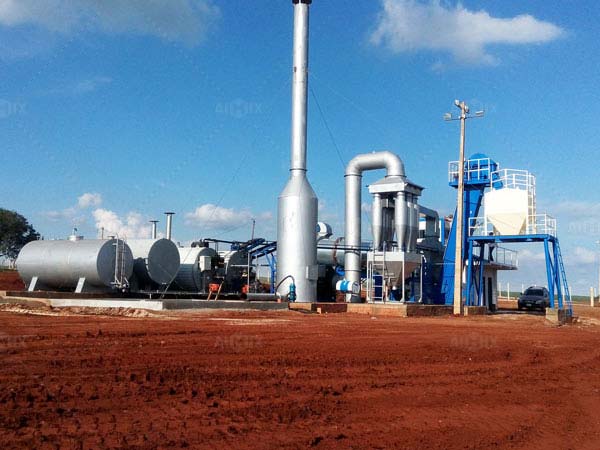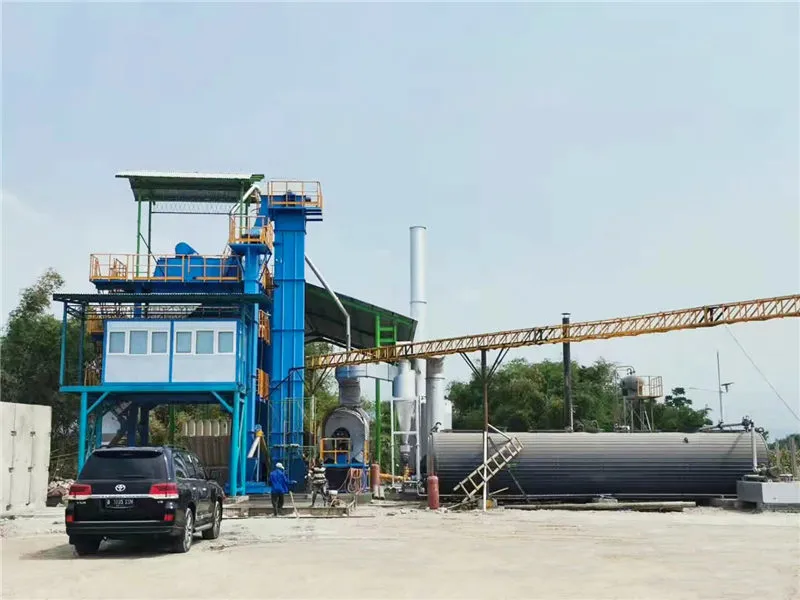Asphalt mixing plants are vital for producing high-quality asphalt used in road construction and maintenance. As the industry evolves, it is essential to understand the future development trends of these plants to navigate the changing landscape effectively. This article examines key trends, including the rise of mobile and fixed asphalt mixing plants, pricing dynamics, and advancements in technology and sustainability.

1. The Rise of Mobile Asphalt Mixing Plants
One of the most notable trends in the asphalt industry is the increasing popularity of mobile asphalt mix plant. These plants offer significant advantages, particularly for projects that require flexibility and quick setup.
Flexibility and Portability
Mobile asphalt mixing plants are designed for easy transportation and setup, making them ideal for projects in remote locations or those with changing requirements. Contractors can move these plants from site to site, reducing downtime and transportation costs. This flexibility allows for rapid response to project demands, making it easier to meet tight deadlines without compromising quality.

Cost-Effectiveness
From a user perspective, mobile plants can be more cost-effective, especially for smaller projects. They typically require lower initial investment and operational costs compared to fixed plants. Additionally, the ability to produce asphalt on-site can significantly reduce transportation expenses associated with bringing in materials from distant locations. As contractors seek to optimize budgets, mobile asphalt mixing plants represent a practical solution.
2. The Continued Relevance of Stationary Asphalt Mixing Plant
While mobile asphalt mixing plants are gaining traction, stationary asphalt mixing plants continue to play a crucial role in the industry.
High Production Capacity
Stationary asphalt mixing plants are designed for high capacity, making them suitable for large-scale projects. They can produce larger volumes of asphalt more efficiently than their mobile counterparts. For contractors engaged in extensive infrastructure projects, investing in a fixed plant can be more beneficial in the long run due to the consistent output and quality they provide.
Advanced Technology Integration
Many stationary asphalt mixing plants are now incorporating advanced technologies to enhance efficiency and reduce environmental impact. Features such as automated controls, real-time monitoring, and data analytics allow for optimized production processes. This advancement not only improves the quality of the asphalt produced but also helps in maintaining compliance with environmental regulations.

3. Pricing Dynamics and Market Considerations
Understanding the pricing of asphalt mixing plants is essential for contractors and stakeholders in the industry.
Factors Influencing Prices
The price of asphalt plant can vary significantly based on several factors, including type, capacity, technology, and brand reputation. Mobile asphalt plants generally have a lower upfront cost but may incur higher operational costs due to their smaller production capacity. In contrast, stationary asphalt plants, while more expensive initially, can lead to savings over time through their higher output and efficiency.
Investment in Future-Ready Technology
Investing in more advanced asphalt mixing plants may involve higher initial costs, but the long-term benefits often outweigh these expenses. Features such as energy-efficient systems, automated controls, and the ability to use recycled materials can lead to significant cost savings in production and operation. As sustainability becomes a priority in construction, facilities that can adapt to these demands will likely see a return on investment through increased project opportunities and lower operational costs.
Conclusion
The future of asphalt mixing plants is characterized by the growing adoption of mobile and fixed plants, each tailored to specific project requirements. While mobile plants offer flexibility and cost-effectiveness, fixed plants provide high capacity and advanced technology. Understanding the pricing dynamics and the factors that influence costs is crucial for making informed decisions. As the industry moves toward sustainability and innovation, stakeholders who embrace these trends will be well-positioned to thrive in an evolving market. By staying informed and adaptable, contractors can ensure they are prepared for the future of asphalt production and road construction.